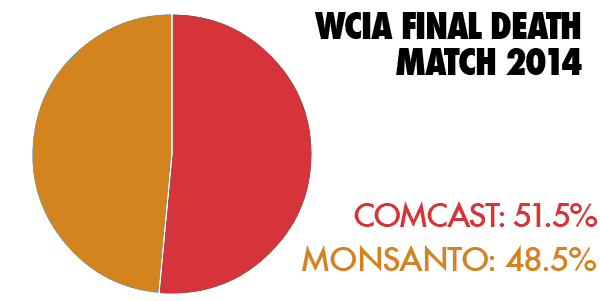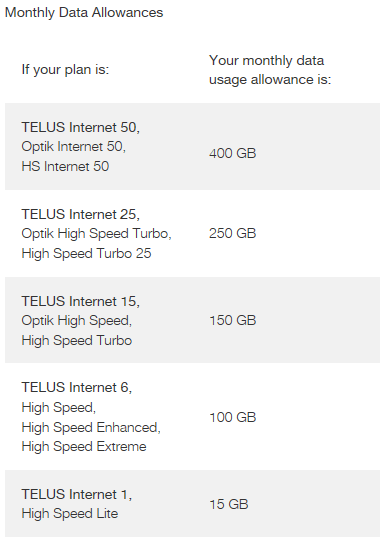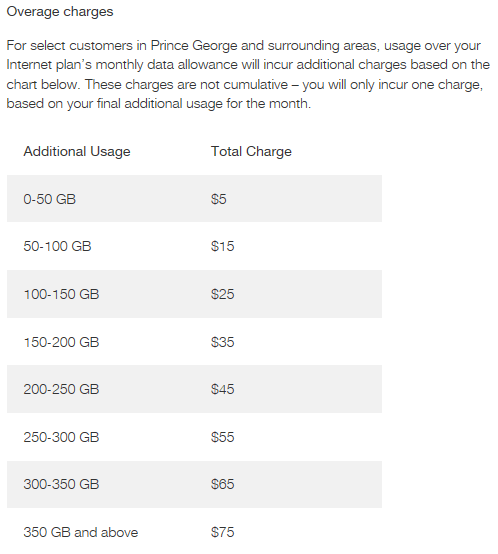
Comcast is 2014’s Golden Poo award winner. (Image: Knight725)
Comcast eked out a narrow victory against Monsanto — the litigious-happy, genetically modified-seed company — to win top honors in the 2014 Consumerist “Worst Company in America” contest.
Comcast is a past recipient of the pro-consumer website’s Golden Poo award given to the company that most alienates its customers, winning first place in 2010 after implementing usage caps on its broadband customers, as well as runner-up status in 2008 and 2009 and third place in 2011 and 2013.
“Comcast’s win makes it only the second company to claim multiple Poos. Last year, video game biggie EA was both the first two-time winner and its first repeat champ,” reports Consumerist.
The nation’s largest cable company, Comcast managed to irritate more than any other with an arbitrary usage cap it now wants to call a “data threshold,” shoddy service, service calls that never happen, incompetent technicians that set customer homes on fire, billing errors, and inventing new profit-padding fees for almost everything.
Getting larger with the acquisition of NBC Universal did little to improve matters for customers, and one high executive cynically delayed a planned low-income discount Internet access offer to use as a carrot with the FCC to win approval of its NBC merger deal. To this day, Comcast goes out of its way to impose a number of qualifications for its Internet Essentials program to protect profits potentially harmed by customers switching to cheaper service to save money.

Now Comcast wants to buy Time Warner Cable, the country’s second largest operator. Despite the fact there is little love from subscribers for Time Warner, many suspect Comcast will prove much worse. A merger brings the threat of a 300GB usage limit on broadband, an even higher modem rental fee, and cable television packages that are often more expensive than those from Time Warner.
Comcast’s greatest defense for its merger is that it doesn’t compete with Time Warner Cable so there are no antitrust concerns. But since the cable industry has borrowed from New York’s Five Families‘ playbook, they almost never compete anywhere in the country, preferring to divide up territories and avoid head-to-head competition.
“By Comcast’s logic, it would then be perfectly okay for Comcast to be the only cable and Internet provider in the country, since there isn’t really any competition among the players in this marketplace to begin with,” writes the Consumerist.
We say don’t give them any ideas.


 Subscribe
Subscribe

 “The first target now for a phone carrier is upgrading networks and transform it to a platform for high-value services,” Patuano said. “This is exactly what AT&T did and what we are calling for.”
“The first target now for a phone carrier is upgrading networks and transform it to a platform for high-value services,” Patuano said. “This is exactly what AT&T did and what we are calling for.”




 “We don’t have data caps — and haven’t for about two years,” said Sena Fitzmaurice, Comcast’s vice president of government communications. “We have tested data thresholds where very heavy customers can buy more if they want more — but that only affects a very small percentage of our customers in a few markets.”
“We don’t have data caps — and haven’t for about two years,” said Sena Fitzmaurice, Comcast’s vice president of government communications. “We have tested data thresholds where very heavy customers can buy more if they want more — but that only affects a very small percentage of our customers in a few markets.” Customers who exceed this allowance won’t have their broadband service suspended, they will just get a higher bill, as Comcast charges $10 for each additional 50GB of usage.
Customers who exceed this allowance won’t have their broadband service suspended, they will just get a higher bill, as Comcast charges $10 for each additional 50GB of usage. Comcast customers using the company’s growing network of Wi-Fi network hotspots will have their usage tracked to their broadband accounts, opening the door for Comcast to count wireless use against a customer’s future monthly usage allowance.
Comcast customers using the company’s growing network of Wi-Fi network hotspots will have their usage tracked to their broadband accounts, opening the door for Comcast to count wireless use against a customer’s future monthly usage allowance. Xfinity WiFi Neighborhood Hotspots – In June of last year, Comcast announced its plans to create millions of WiFi access points for its customers through a neighborhood hotspot initiative. Comcast is the first major ISP in the country to deploy this innovative technology. This new initiative gives customers with Xfinity Wireless Gateways an additional “xfinitywifi” signal (or SSID) in their home that is completely separate and distinct from the private and secure home WiFi signal. Offered at no additional cost, the additional WiFi signal will allow visiting Xfinity Internet subscribers instant, easy access to fast and reliable WiFi without the need to share the home’s private network password and without an impact to the home subscriber’s speed. And since visitors sign in with their own Xfinity credentials, their usage and activities are tied back to their own accounts, not the homeowner’s.
Xfinity WiFi Neighborhood Hotspots – In June of last year, Comcast announced its plans to create millions of WiFi access points for its customers through a neighborhood hotspot initiative. Comcast is the first major ISP in the country to deploy this innovative technology. This new initiative gives customers with Xfinity Wireless Gateways an additional “xfinitywifi” signal (or SSID) in their home that is completely separate and distinct from the private and secure home WiFi signal. Offered at no additional cost, the additional WiFi signal will allow visiting Xfinity Internet subscribers instant, easy access to fast and reliable WiFi without the need to share the home’s private network password and without an impact to the home subscriber’s speed. And since visitors sign in with their own Xfinity credentials, their usage and activities are tied back to their own accounts, not the homeowner’s.